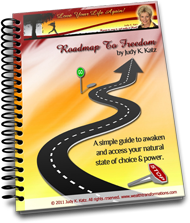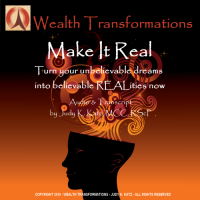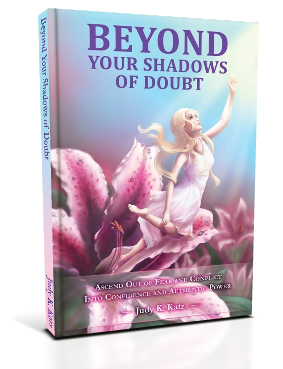Declaring what you want, setting your goals, and making decisions to be wealthy, for example, often bring up your natural resistance in the form of “Yeah but,” have you noticed?
In Week 3 of my Weekly Words of Wisdom, I invited you to make affirmative statements for your financial desires and outcomes within this next year. If you did this, and of course, I know you did, you were probably flooded with a list of “Yeah buts.” They seem so credible and feel so real, don’t they? “Yeah but, I don’t have the money; I won’t do what I need to do; I don’t have the time; I don’t trust myself to change; my debt is too high; I’ve tried to change before and it never worked; Yeah but…”
Your objections reveal your limiting beliefs.
I have previously identified three (3) aspects that make up your inner mindset. One, that you might be familiar with, is your inner belief system? what you habitually think about, who you think you are, and what you make things mean. Have you discovered that your objections and resistance to new ideas are often stated as, “Yeah buts?”
Over the years of working with people, including myself, of course, I have discovered that there are four (4) common elements to our “Yeah but” objections:
1. Certain conditions must be present before something new can occur; i.e., the economy has to change before I can be successful; I have to be better at what I do before I can make more money, etc.; I have to be more out-going to attract new clients or business; I’ll have to work harder and longer before I’m wealthy.
2. Fear: A belief that I can’t handle something that I imagine might happen; i.e., what if I lose a client should I increase my fees; what if I make a mistake and people will think I’m foolish; what if I make someone mad by being honest and they’ll leave me; what if I lose myself, my freedom, or my family if I’m successful.
3. Not possible: What I want doesn’t exist or can’t happen for me; i.e., no one in my circle of people, my city, my state, or anywhere, would pay me what I’m worth for my services; no one will ever buy my products and services at premium rates; no one is buying what I provide in this economy.
4. Belief about oneself: Who I think I am and what I think I am capable of, relative to business and commerce; i.e., who or what I want doesn’t want me; I’m not as good as others who do what I do; people will judge me poorly and reject me; I can’t trust myself to be disciplined enough to do what I need to do; I’ll be taken advantage of; I won’t be appreciated and valued; I’m a failure.
Use your doubt more effectively and wisely.
Questioning the certainty of your convictions begins the process of bursting the bubble that surrounds your old assumptions. Ask yourself, “Can I be certain, or how do I know that what I think has to happen for me to be successful is true?” These questions can begin to plant seeds of doubt with your inner beliefs and assumptions. So often, your assumptions are not grounded in today’s reality. This is just the beginning.
You deny the reality of Universal Laws when you believe that certain conditions must be present in order for you to achieve what you want. Universal Laws indicate that there is no precedence to creating what you want. Think closely about what this really means. No particular condition or evidence has to be present in order for you to realize what you want. The past ? the future! You create from a space of rich potential, not from the effects of your past. Of course, we often re-create from our past, only because we continue to imagine the past and bring it into the future. Is that true for you?
Wealth Practice # 4
Refer to the “Yeah Buts” you have for being wealthy and successful. Identify them as follows: A condition that needs to happen, a fear that you can’t handle something you imagine, a thought that something is not possible or does not exist, or a belief about who you think you are. When you label your objections, you can begin to deal with them more objectively. Awareness is the beginning of transforming the thinking aspect of your mindset. Conscious awareness interrupts your automatic habitual thinking. Rather than doubting what you want, try doubting what you assume.
Keep wealth as a priority and remember why you want to be wealthy.
“Dream it, own it, and make it REAL”

 This guide is designed to help you bridge the gap simply and easily from fear and survival into power, prosperity, and love.
This guide is designed to help you bridge the gap simply and easily from fear and survival into power, prosperity, and love.
